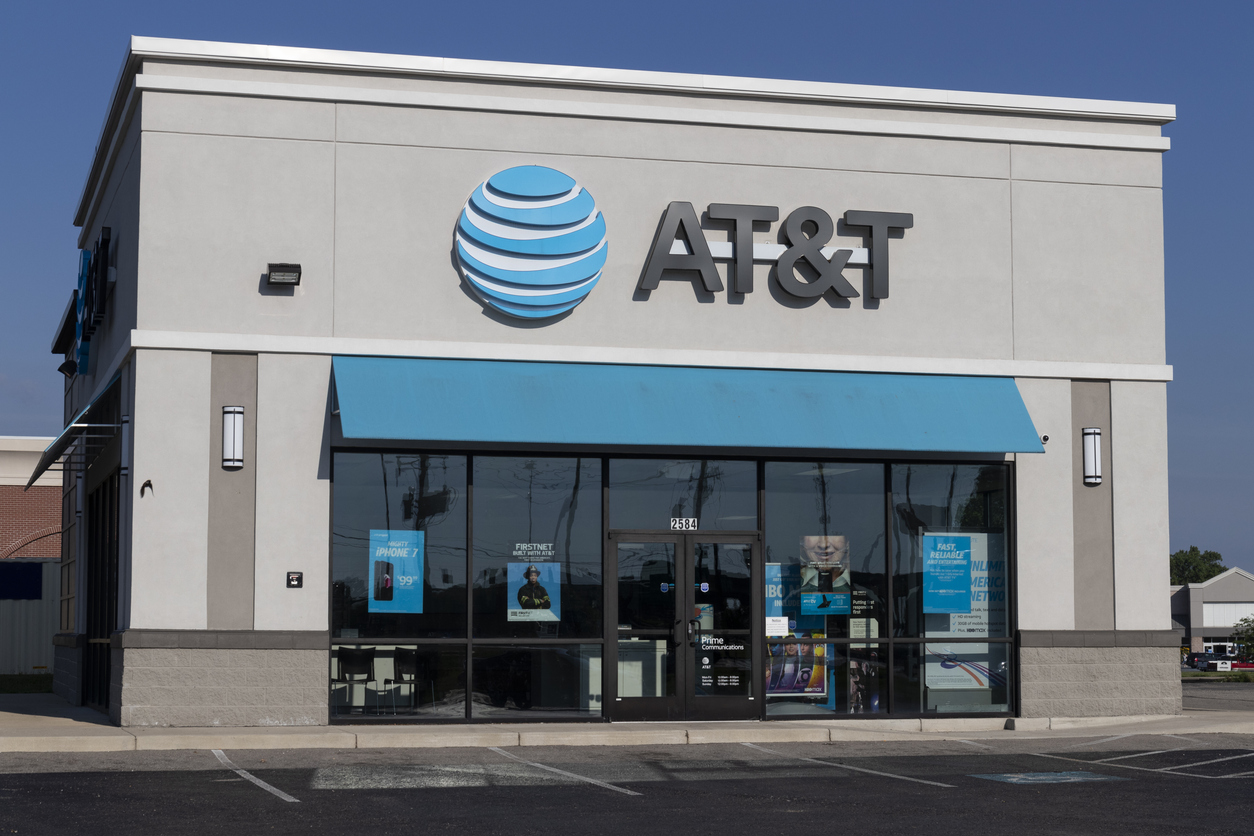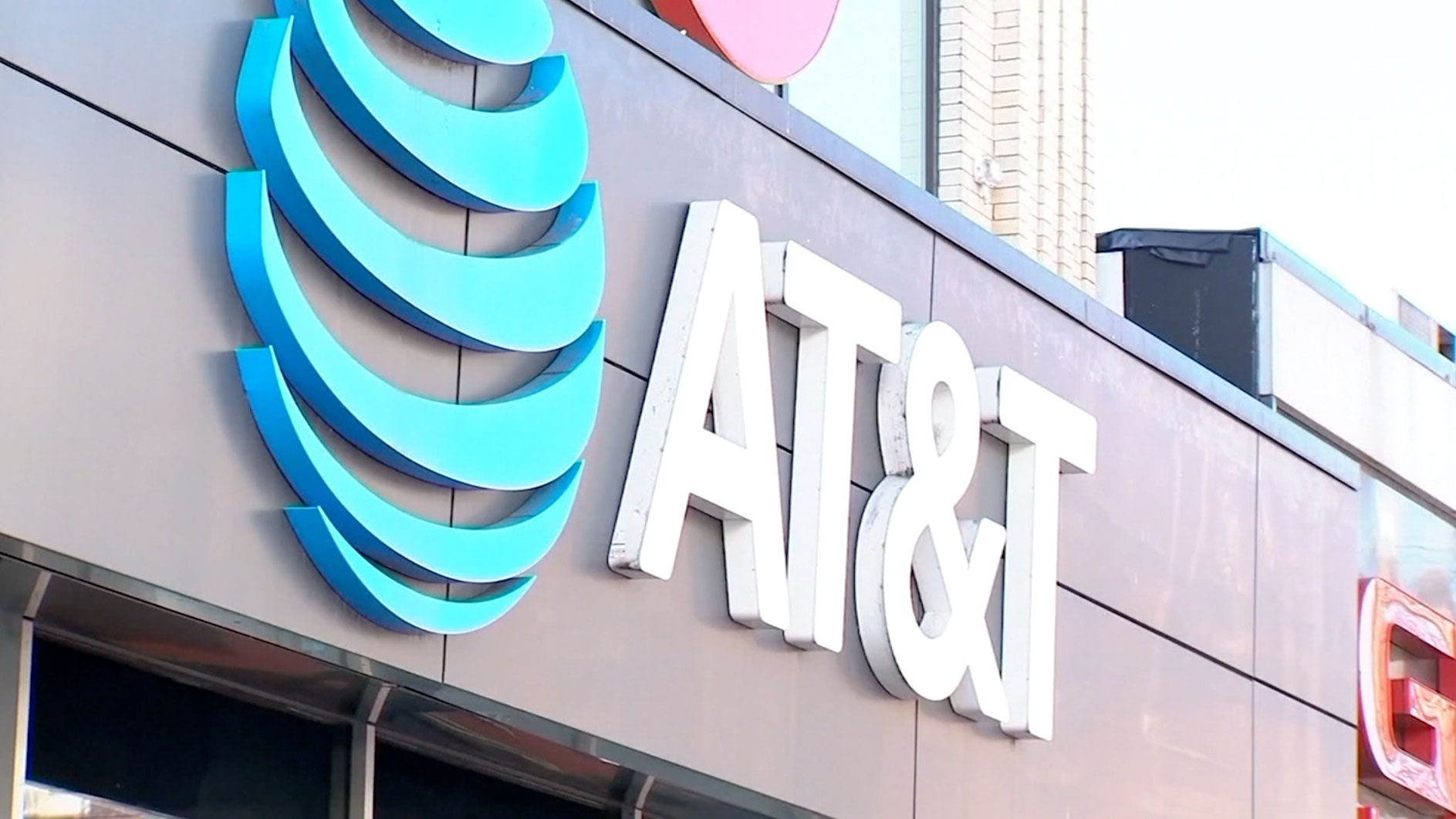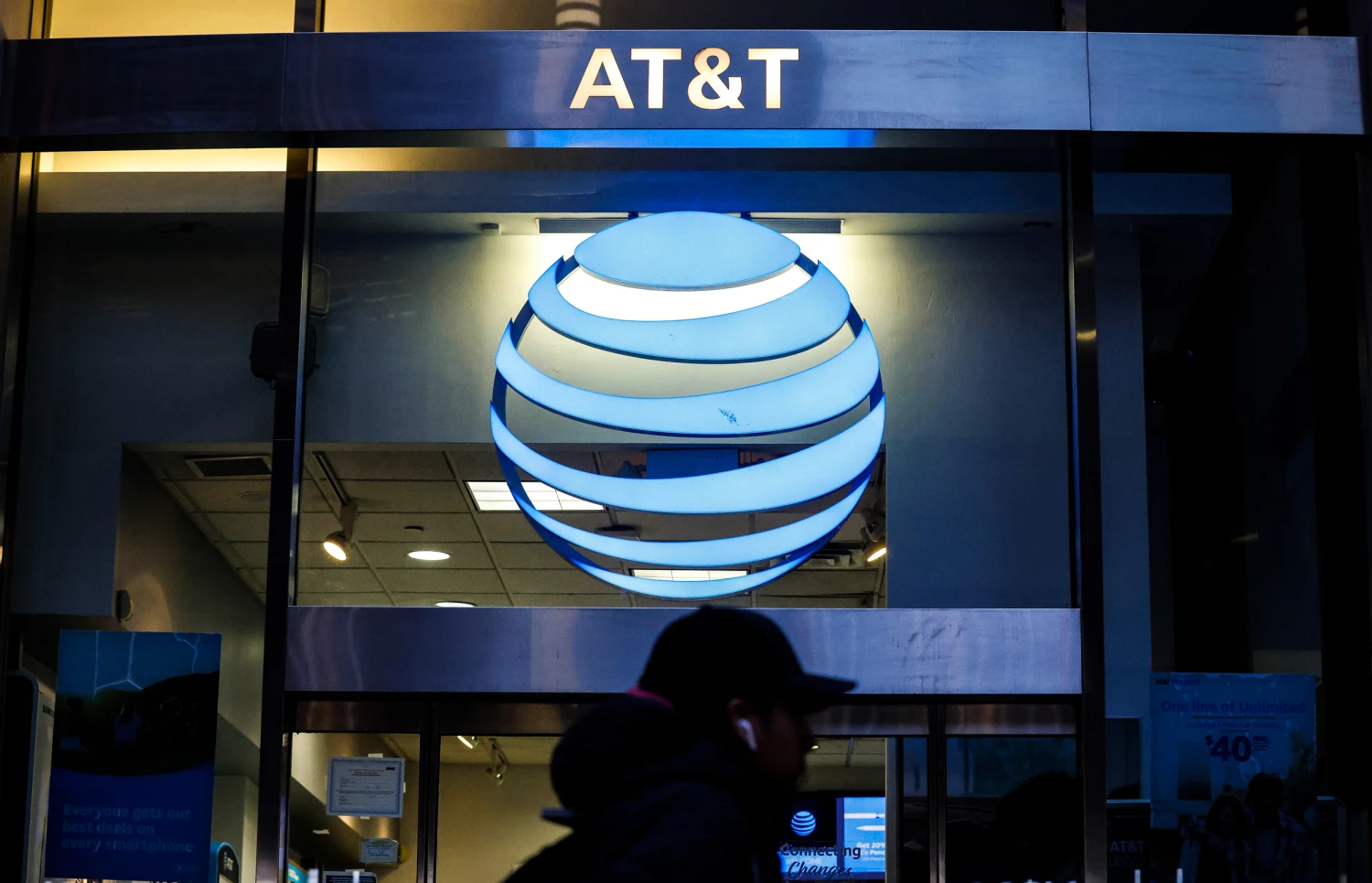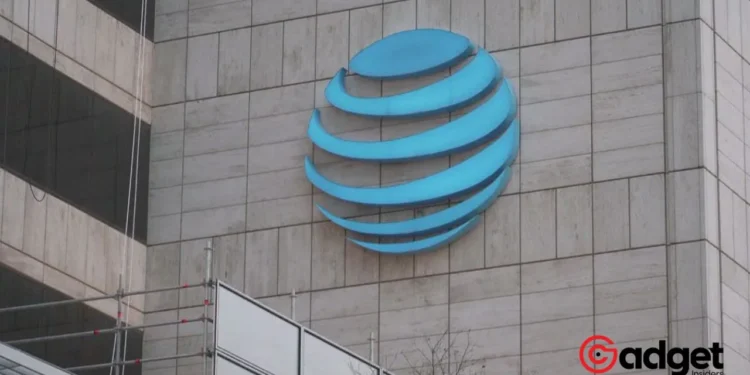In a sudden turn of events that sparked widespread concern, AT&T subscribers experienced a major service disruption last month, leaving millions unable to communicate via calls or texts, access mobile data, or, most critically, place emergency calls. This significant outage not only impacted AT&T’s direct customers but also had a ripple effect on Mobile Virtual Network Operators (MVNOs) that depend on AT&T’s infrastructure to provide their services.
The disruption was so severe that complaints on DownDetector, a website tracking service outages, skyrocketed from a mere 11 to over 32,000 in a matter of hours.

As the day progressed, AT&T quickly responded to the outage by stating, “Based on our initial review, we believe that today’s outage was caused by the application and execution of an incorrect process used as we were expanding our network, not a cyberattack.
We are continuing our assessment of today’s outage to ensure we keep delivering the service that our customers deserve.” This explanation pointed to a procedural error rather than a malicious attack, highlighting the complexities and vulnerabilities inherent in modern telecommunications networks.

AT&T Outage: The FCC’s Response, An Investigation Commences
The Federal Communications Commission (FCC), recognizing the gravity of the situation, announced its intention to launch a comprehensive investigation into the outage.
The aim is to understand not only the root cause but also to examine network resiliency and how such incidents can be prevented in the future. The FCC’s involvement underscores the critical nature of telecommunications infrastructure as a lifeline, especially in emergencies.
The tale of the great AT&T outage continues. pic.twitter.com/ruyo5MSo3v
— TheStreet (@TheStreet) March 8, 2024
AT&T’s response to the FCC’s announcement was measured and cooperative, with a spokesperson stating, “The industry routinely cooperates with our key regulators in the aftermath of serious outages to evaluate how network resiliency and reliability can be improved.
We are already working with the FCC on its review.” This collaborative stance is crucial, as it highlights an industry-wide commitment to not just resolving the current issue but also enhancing overall system robustness.
Moving Forward: The Path to Resilience
As the FCC delves into its investigation, the broader implications of the outage come into focus. It serves as a stark reminder of our deep dependence on digital connectivity and the potential vulnerabilities within even the most established telecommunications networks.
The outcome of the FCC’s review is eagerly awaited, with the hope that it will lead to stronger, more resilient infrastructure capable of withstanding a range of challenges, from human error to cyber threats.

For AT&T subscribers and the wider public, the incident is a wake-up call about the fragility of our connected world. It also serves as a testament to the importance of swift, transparent communication and effective crisis management in maintaining trust and ensuring the reliability of service that customers rightly demand.
As the situation unfolds, we will continue to monitor and report on the developments of this investigation, keeping you informed on how such incidents can be mitigated in the future. The AT&T outage is not just a story of disruption but a pivotal learning opportunity for the telecommunications industry at large.










